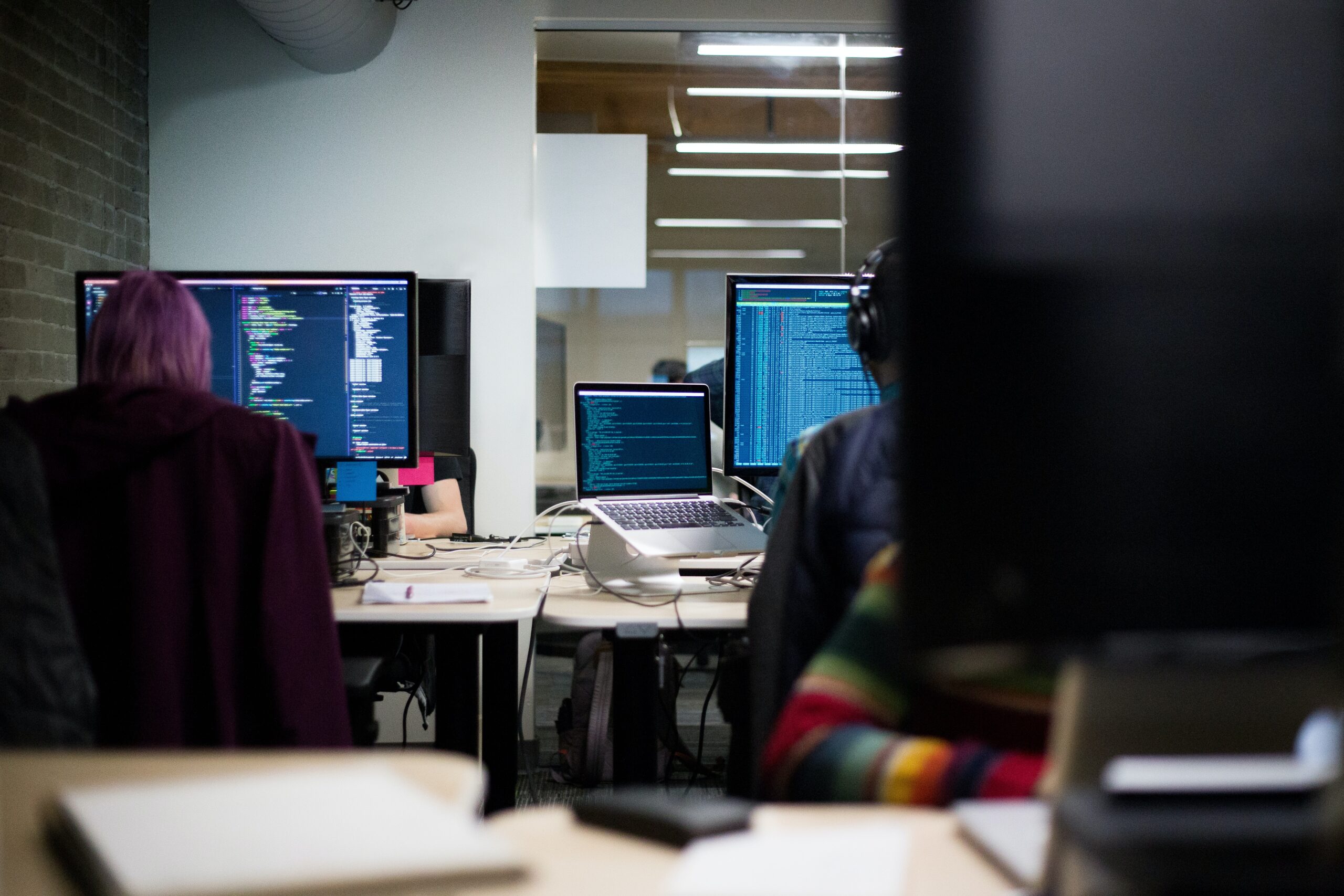Artificial Intelligence (AI) has made remarkable strides in recent years, transforming various aspects of our lives and reshaping entire industries. However, with its rapid advancement, concerns about the potential dangers associated with AI have also emerged. In a groundbreaking declaration, 130 leading AI experts have collectively stated that the threat posed by AI is comparable to nuclear war and pandemics. Here are some of the reasons behind this assertion, highlighting the various ways in which AI can be seen as a significant threat.
Autonomous Weapons
One of the most immediate and concerning aspects of AI is the development of autonomous weapons. AI systems equipped with lethal capabilities could potentially lead to devastating consequences. In the wrong hands, such technology could initiate wars, destabilize international relations, and cause immense loss of human life. The risk of accidental escalation due to the high-speed decision-making abilities of AI-driven weapons is a terrifying prospect that cannot be taken lightly.
Unemployment and Socioeconomic Disruption
AI advancements also raise concerns about the potential for massive job displacement and socioeconomic disruption. As AI systems become more sophisticated, they are likely to replace a wide range of human labor, leading to widespread unemployment. Entire industries could become automated, resulting in economic inequalities and social unrest. The consequences of such disruption could be far-reaching and contribute to political instability, undermining the fabric of societies across the globe.
Deepfakes and Disinformation
The rise of AI has facilitated the creation of highly convincing deepfake technology. Deepfakes refer to manipulated videos or images that convincingly portray individuals saying or doing things they never actually did. These can be used to spread false information, manipulate public opinion, and sow discord. The potential for AI to manipulate reality and deceive the masses is a concerning prospect, as it can undermine trust, exacerbate social divisions, and have a profound impact on the democratic process.
Security and Privacy Risks
AI also poses significant security and privacy risks. As AI systems become more advanced, they can potentially breach sensitive data, infiltrate networks, and exploit vulnerabilities. The use of AI in cyberattacks can enable sophisticated methods of intrusion, making it increasingly challenging to defend against such threats. Moreover, AI’s ability to process vast amounts of personal data raises concerns about privacy infringement and the potential misuse of sensitive information.
Ethical and Bias Issues
AI algorithms are developed based on data provided by humans, which can introduce biases and ethical dilemmas. The use of AI in critical decision-making processes, such as hiring, criminal justice, and healthcare, can perpetuate existing biases or even amplify them. If not properly regulated and monitored, AI systems may discriminate against certain demographics, exacerbating societal inequalities and injustices.
Conclusion
The assertion made by 130 AI experts that the threat posed by AI is comparable to nuclear war and pandemics demands serious attention. The potential dangers associated with AI are multifaceted and far-reaching. From the development of autonomous weapons to the disruption of socioeconomic structures, from the spread of deepfakes and disinformation to security and privacy risks, and from ethical biases to potential job displacement, these risks must be addressed collectively.
To mitigate the threats posed by AI, policymakers, researchers, and technology developers need to work together to establish robust regulatory frameworks. Ethical considerations and transparency must be at the forefront of AI development to ensure accountability and prevent misuse. Ongoing dialogue among stakeholders, including AI experts, policymakers, and the public, is crucial to strike the right balance between innovation and responsible deployment of AI technologies.
While AI offers immense potential for positive impact, it also presents challenges that cannot be ignored. By acknowledging the potential risks and proactively addressing them, we can harness




